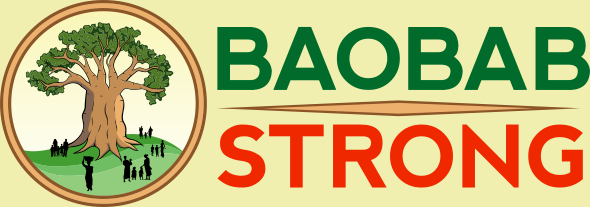Living in Poverty
Many people in developed countries are unaware of the harsh conditions endured by much of the world.
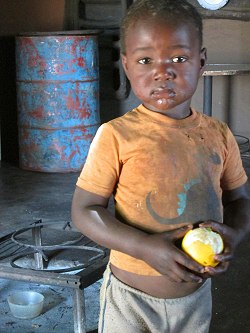
Health: Every 20 seconds, a child dies from a vaccine-preventable disease. That’s 1.5 million children per year. An uneven distribution of trained healthcare workers in the world means the biggest burden of disease occurs in regions with fewest healthcare workers. Western and Sub-Saharan Africa suffers 24% of worldwide disease with only 3% of the world’s healthcare workers and less than 1% of the financial resources. Less than 50% of births are attended by healthcare workers (crucial for saving lives) in this region.
Food: More than 800 million people (1 in 9) lack sufficient food to live healthy lives. Poor nutrition causes nearly half (45%) of deaths in children under 5. That’s 3.1 million children each year.
Education: In 2010, 9.3% of school age children were not enrolled in school globally. Over half (55%) of these children live in Sub-Saharan Africa. This corresponds to more than 60 million school age children not enrolled in primary school.
Income: More than a billion people live on $1.25 or less per day. And an estimated 2.2 billion live on less than $2 per day.
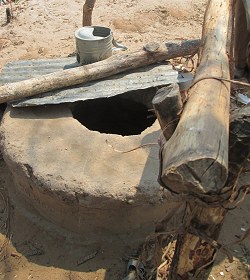
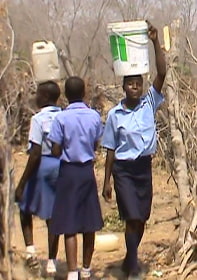
Water: 800 million people lack access to clean water. Women in Africa and Asia walk on average 6 kilometers to collect water.
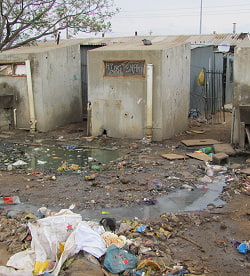
Sanitation: 2.6 billion people lack access to adequate sanitation, 40% of the world’s population. Hundreds of millions have no access to soap and water for hand washing to prevent the spread of disease. Poor water and sanitation cause health problems to nearly half the people in developing countries at any one time, and are the world’s second largest killer of children.
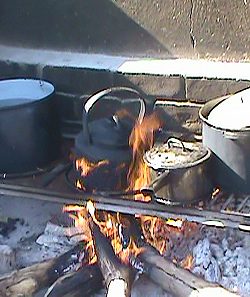
Energy: An estimated 1.2 billion people in the world lack access to electricity, and 2.8 billion use open fires for cooking and heat. The resulting indoor air pollution causes approximately 4 million premature deaths of mostly women and children annually.
How BAOBAB STRONG is fighting poverty
We aim to improve the lives of as many impoverished people as possible through programs which support their diverse needs.
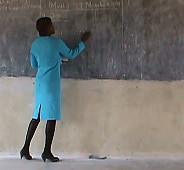
We see education as the primary key to opening up opportunities and breaking the cycle of poverty. Well-educated youth can better serve their families and communities. We are actively building schools where they are most needed.
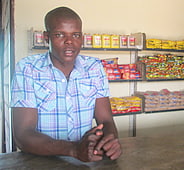
In poor rural areas, education alone may not be enough for everyone, nor possible for every person. This is why we are also helping to generate business and job opportunities for those less educated or those wanting to put their education to best use.
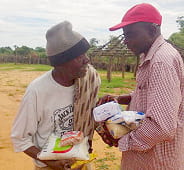
There are some people who are unable to benefit by our education and livelihood help, such as the elderly, handicapped, and infants. This is why we also offer charity to those that most need it.
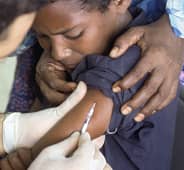
Next to the lack of educational opportunities, we see the lack of medical care as the biggest problem in rural areas. An unhealthy community cannot prosper. As we improve poorer communities, we will strive to assure basic medical care is within reach for all.
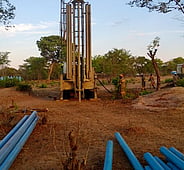
We believe that improving living conditions by modernization will help alleviate many burdens faced by impoverished people. Having access to safe drinking water, sanitation, and electricity has potential to dramatically improve lives. This is why our work includes projects to improve infrastructure.
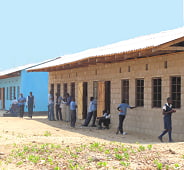
Jibajiba Secondary School is a great example of a current project. BAOBAB STRONG provides support for this school, which was built from the ground up in a poor rural area in Zimbabwe. Prior to this school being built, there was no option for children in this area to attend school past age 12. The school has given students new opportunities for improving their lives and their community.
Check out more info on the Jibajiba Project.
